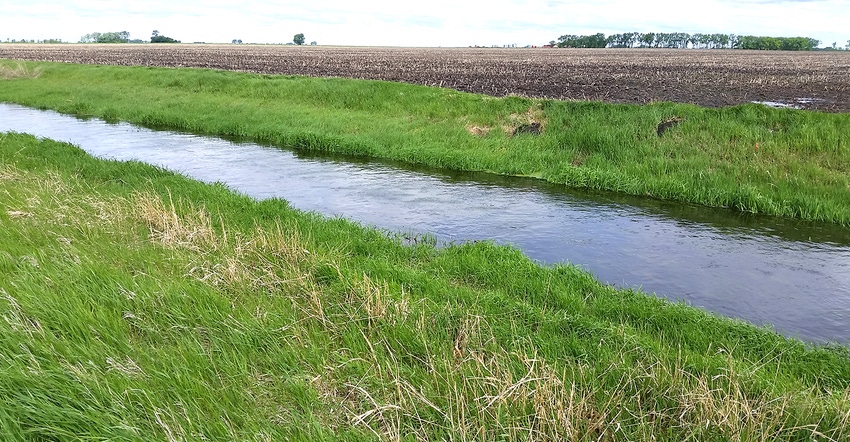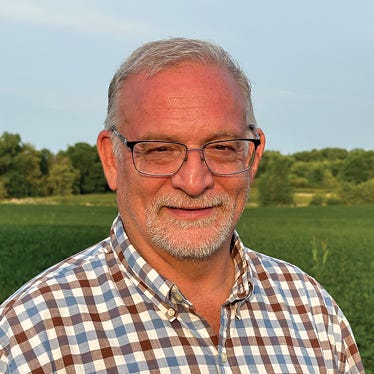March 19, 2019

If you are like most farmers, you would probably prefer to have major dental work done than get involved in local water planning. However, avoiding the process can result in bigger problems, just like ignoring that reminder postcard from your dentist.
Current water planning activities in Minnesota are largely funded by and heavily influenced by state regulatory agencies. Many farmers report that they feel as though there is a generally negative approach toward farmers, with report templates that seem to direct the outcome as though the plan is written even before they have an opportunity to get involved in the process.
At the same time, I hear from many agency officials that they would very much like to have more input from farmers. It is often a black mark on their record that they have failed to engage farmers in water management in a significant way.
The idea of “farmer-led watershed councils” is a hot topic with the Board of Water and Soil Resources, which funds many of the watershed planning efforts and implementation activities arising from local water plans. The good news is that there are several examples of farmers leading local water discussions right here in Minnesota with good results.
For some, leadership involves serving on county, watershed district, or soil and water conservation district boards. For others, simply getting engaged in planning processes that occur every few years will be a better fit. And others can help lead with specific local projects that will most directly affect both your farm and local water resources, such as a ditch improvement project, waterway or terrace construction, or a cover crop demonstration project.
The other good news is that there is a tremendous opportunity for more farmers to get involved. Here are some keys to forming an effective local leadership team:
Prepare. Learn about water resource concerns in your region. You probably have a good sense of this, but don’t be afraid to seek out additional information from resources, especially people with whom you are comfortable. This could include local agency personnel or Extension educators and researchers. We at the Minnesota Agricultural Water Resource Center are also available and have experience in helping connect farmers with useful resources.
Organize. Consider doing this independent of the agencies and their process. A farmers-only conversation may be necessary to help organize your ideas and priorities. Again, the MAWRC is here to help facilitate these discussions. Once you are confident that you are ready to get engaged, either individually or as a group, look for opportunities to weigh in on local water issues.
Participate. Your voice will not make a difference if it is not heard. Show up and speak up!
Watershed planning is going to happen with or without you. A lot of taxpayer money is being spent in both the development of plans and implementation of activities included in plans. I cannot guarantee that the process will be especially enjoyable, but the results are likely to be better if you participate.
If you would like more information about the watershed planning process and how to get involved, I would like to hear from you. Contact me at [email protected]. Visit our website at mawrc.org.
Formo is executive director of the Minnesota Agricultural Water Resource Center.
About the Author(s)
You May Also Like






